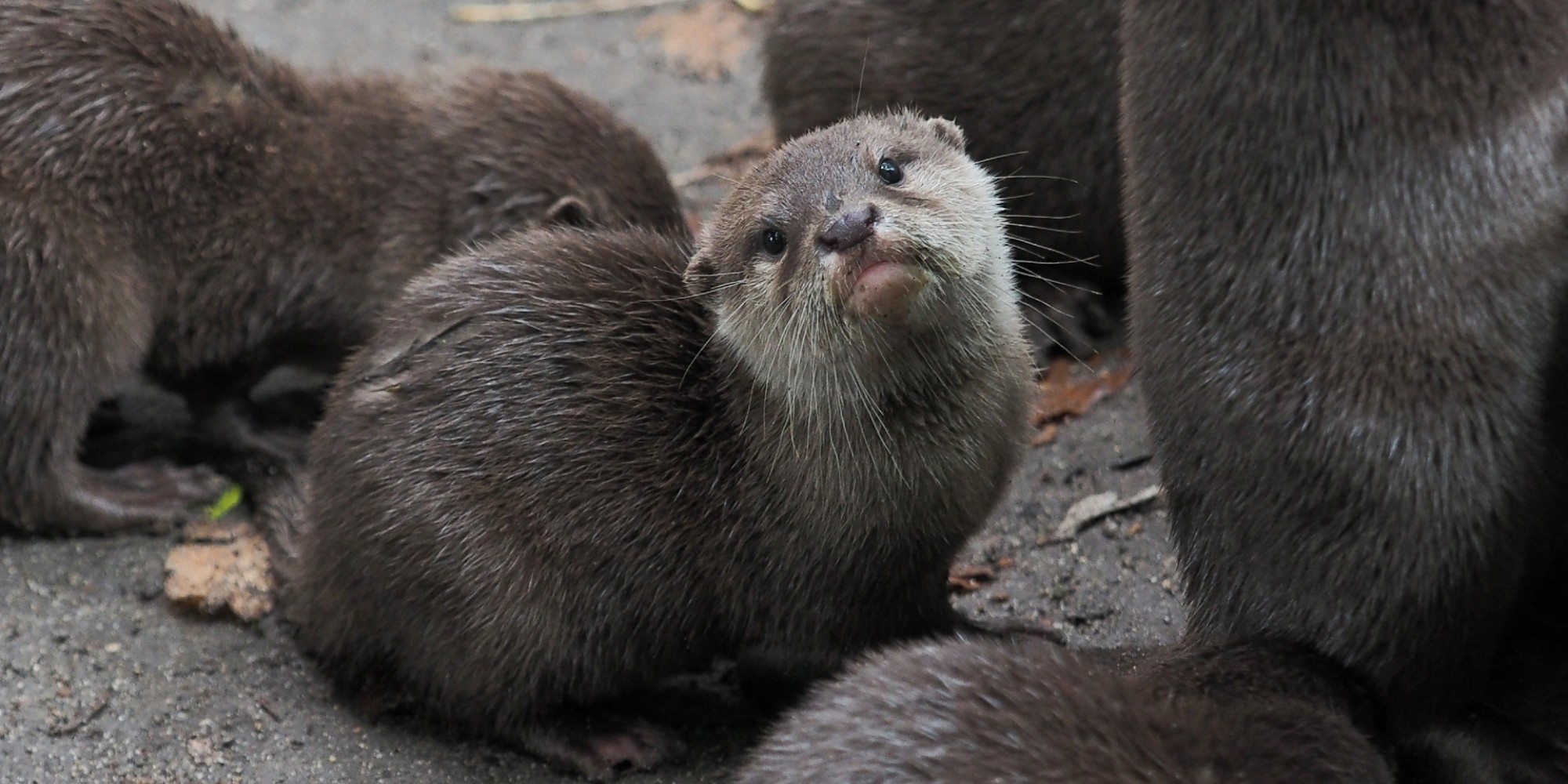The results of 13 years of studies of species in France by the International Union for the Conservation of Nature, which publishes the red list of threatened species each year, was unveiled this week.
Almost 20% of animal species are thus threatened in the country.
A worrying result, but it is possible - and urgent - to act to change this, explains Florian Kirchner of the IUCN on Europe 1 on Sunday.
INTERVIEW
The goldfinch, a tiny bird smaller than a sparrow, with a dark red head with yellow, black, and white feathers on the wings is the epitome of the species scientists are concerned about.
The red list of threatened species in France, which summarizes 13 years of studies, was published this week by the International Union for the Conservation of Nature (IUCN).
The results are not very positive, but it is possible to act to change this.
One in five threatened species
32% of nesting birds such as the goldfinch are threatened with extinction, more than a third of them, compared to a quarter in 2008. Of all the species that researchers have been monitoring for 13 years, birds, fish , mammals and plants, 20% of species are now threatened in France, whether in mainland France or even more glaringly overseas, in Polynesia or Mayotte.
Moreover, despite the protective measures, this percentage is increasing even faster than scientists thought.
Some species have even disappeared or are extinct: this is the case for 187 of them since 2008. The Mediterranean monk seal, for example, has completely disappeared in mainland France.
For more than 2,100 other species, the data are insufficient.
>>
Find Europe morning weekend in podcast and replay here
Species saved, others on track
There is some good news, however, that some species have been saved in recent years.
"The otter, for example, is an animal which was extremely threatened 50 years ago in France and thanks to its protection, thanks to the improvement of the quality of the rivers, thanks to the action of associations on the In the field, we were able little by little to save this animal ", enthuses Florian Kirchner, in charge of the" species "program at the International Union for the Conservation of Nature.
"And the otter is now reclaiming all the spaces it once occupied. It is returning to the rivers. It is no longer threatened today in France".
Another example, that of the Alpine ibex.
He had "disappeared from the French Alps and he was able to make his return thanks to his protection and thanks to the creation of national parks in the French Alps. He returned spontaneously from the Italian Alps and then, we recorded his return by making reintroductions ", specifies Florian Kirchner.
Among birds, the monk vulture, which had disappeared from the skies of France for a century, "was able to make a comeback thanks to its successful reintroduction program, especially in the Cévennes and the French mountains".
The large bird is still threatened today in France, "but it is returning to our skies", assures the IUCN program manager.
Fight against climate change
To prevent this collapse of bird, fish or mammal species, Union scientists are recommending three things.
Create natural parks, to give back some wild space to animals.
Prevent the temperature from rising too much on Earth, and therefore fight against global warming.
Finally, fight against human pressures, that is to say leave room for nature: "We must of course continue to meet our needs, but today artificialization is progressing faster than the population. This means that we are destroying nature faster than the growth of our population, ”laments Florian Kirchner.
"We must regulate the extension of commercial areas to produce only the areas that we need and not necessarily make extensions of large projects such as airports, or if their usefulness is not there."
Some 13,842 species have been assessed since 2008 by the IUCN in France and among them, 2,430 are threatened with extinction within 20 to 40 years.
There is also a global red list of threatened species and both can be found on the IUCN website.

